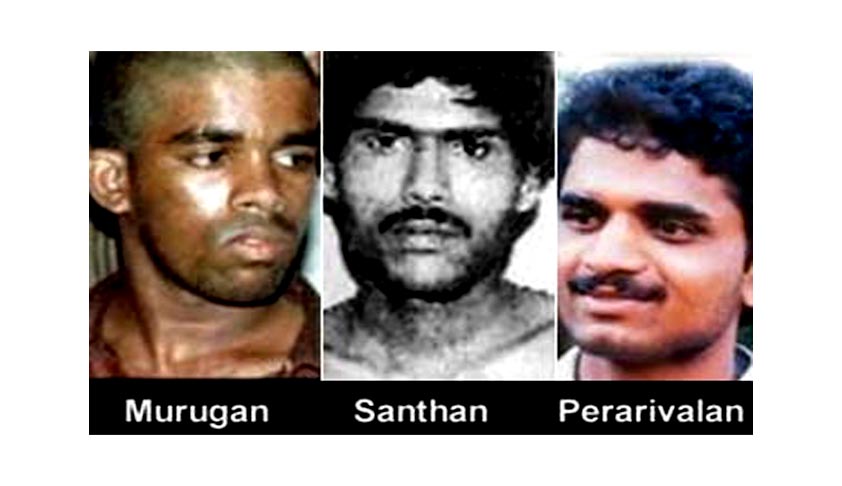SC refers the matter of freeing Rajiv Gandhi's killers to Constitution Bench
LIVELAW NEWS NETWORK
25 April 2014 4:18 PM IST

Next Story
25 April 2014 4:18 PM IST
Supreme Court today referred the matter on cutback of life imprisonment of seven convicts in Rajiv Gandhi assassination case to a Constitution Bench and held that interim order of the court staying the Tamil Nadu government's decision to free them will be in effect till the matter is decided by the Constitution Bench.Framing seven questions to be decided by the Constitution Bench, Chief Justice...
